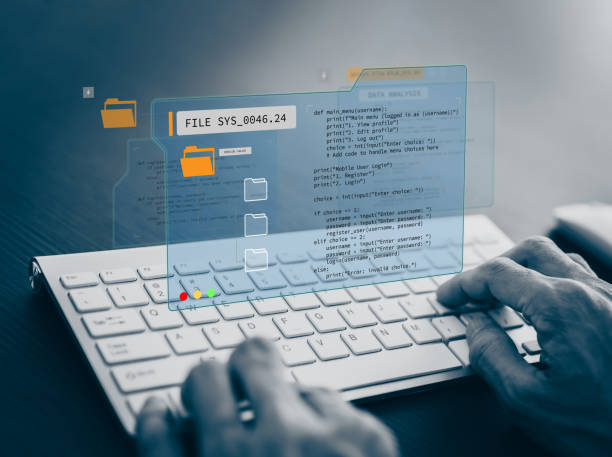Table of Contents
Robust data cleaning tools enhance accuracy and consistency in data-driven industries, preventing inconsistencies and errors that can distort analysis and impact decision-making and operational efficiency.

Understanding Data Cleaning and Preparation
Data cleaning and preparation encompass a series of processes aimed at improving data quality and making it suitable for analysis. This involves several critical tasks:
- Handling Missing Data: Identifying and dealing with missing values is crucial as they can skew statistical analyses and machine learning models. Tools like Pandas in Python or dplyr in R provide functions to impute missing data based on various strategies such as mean, median, or interpolation.
- Removing Duplicates: Duplicated entries can lead to overrepresentation and bias in results. Data cleaning tools automate the detection and removal of duplicate records, ensuring that each observation is unique and contributes accurately to the analysis.
- Standardizing Formats: Data often comes in different formats (e.g., date formats, currency symbols) that need standardization for consistency. Tools like OpenRefine excel in transforming data into uniform formats, facilitating easier analysis and comparison.
- Correcting Errors: Errors in data entry or extraction can introduce inconsistencies. Data preparation tools often include algorithms for error detection and correction, ensuring data integrity throughout the analysis pipeline.
Popular Data Cleaning and Preparation Tools
1. Pandas (Python)
Pandas is a powerful open-source library for data manipulation and analysis in Python. It offers data structures and operations for manipulating numerical tables and time series data. Key features include:
- Data reading and writing utilities for various file formats.
- Flexible data manipulation capabilities, such as reshaping, merging, and pivoting datasets.
- Efficient handling of missing data through functions like
fillna()anddropna().
2. dplyr (R)
dplyr is a popular package in R for data manipulation, providing a grammar of data manipulation. It focuses on tasks like filtering, selecting, transforming, and aggregating data. Key functions include:
filter(): Selecting rows based on conditions.mutate(): Creating new variables from existing ones.summarize(): Generating summary statistics for groups of data.
3. OpenRefine
OpenRefine (formerly Google Refine) is an open-source tool for working with messy data: cleaning it, transforming it from one format into another, and extending it with web services and external data. Key features include:
- Faceted browsing for filtering and exploring data.
- Powerful scripting language for automating repetitive tasks.
- Support for large datasets and various data formats.

Benefits of Using Data Cleaning and Preparation Tools
- Improved Accuracy: By automating repetitive tasks and applying standardized procedures, these tools reduce human error and ensure data accuracy.
- Time Efficiency: Data cleaning tools streamline the process, allowing analysts and data scientists to focus more on analysis and interpretation rather than data wrangling.
- Scalability: With the ability to handle large datasets efficiently, these tools are essential for organizations dealing with big data, ensuring scalability without compromising on data quality.
- Consistency: By enforcing standardized data formats and cleaning rules, these tools promote consistency across datasets, making it easier to combine and compare data from multiple sources.
Challenges and Considerations
While data cleaning and preparation tools offer substantial benefits, there are challenges to consider:
- Tool Selection: Choosing the right tool depends on factors like data volume, complexity, and the specific requirements of the analysis.
- Data Privacy: Handling sensitive data requires adherence to data privacy regulations, necessitating secure data handling practices.
- Skill Requirements: Users need proficiency in both the tools themselves and the underlying data concepts to effectively utilize them.

Conclusion
In conclusion, data cleaning and preparation tools are indispensable for ensuring data quality and reliability in today&8217;s data-centric landscape. Whether it&8217;s handling missing values, standardizing formats, or detecting errors, these tools streamline the process of transforming raw data into actionable insights. By leveraging tools like Pandas, dplyr, OpenRefine, and others, organizations can enhance decision-making, improve operational efficiency, and gain a competitive edge through more accurate and reliable data analysis.
As technology evolves and data volumes continue to grow, investing in robust data cleaning and preparation tools will remain essential for organizations aiming to extract meaningful insights and drive informed decisions from their data assets.